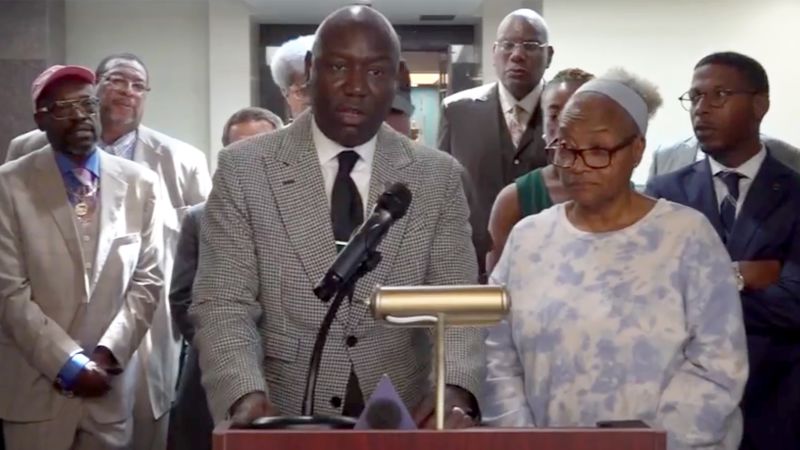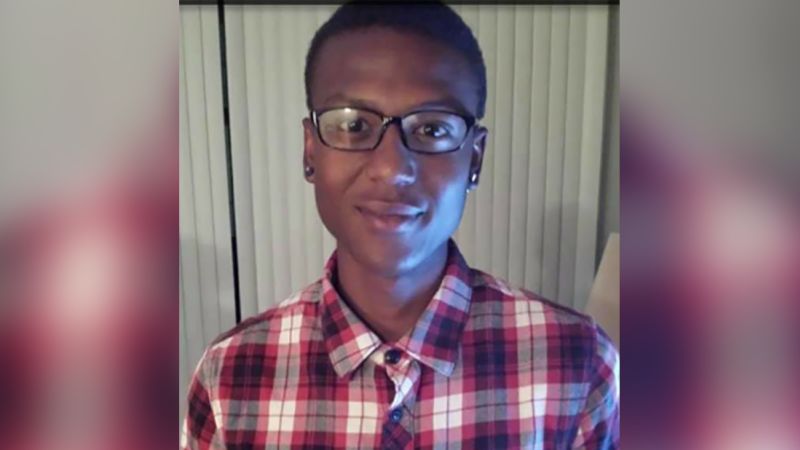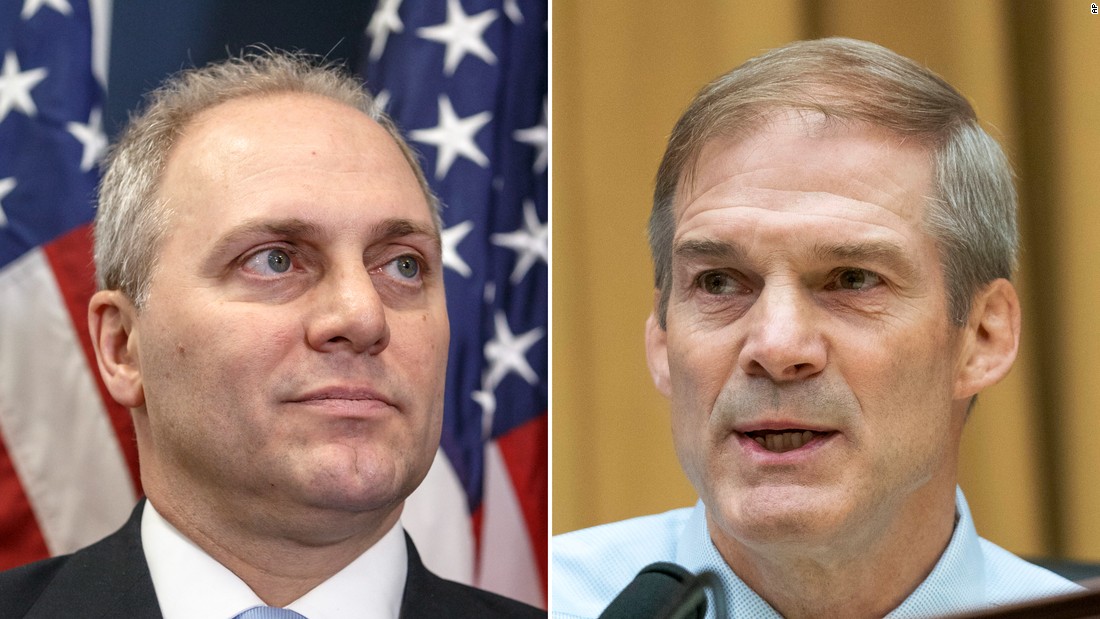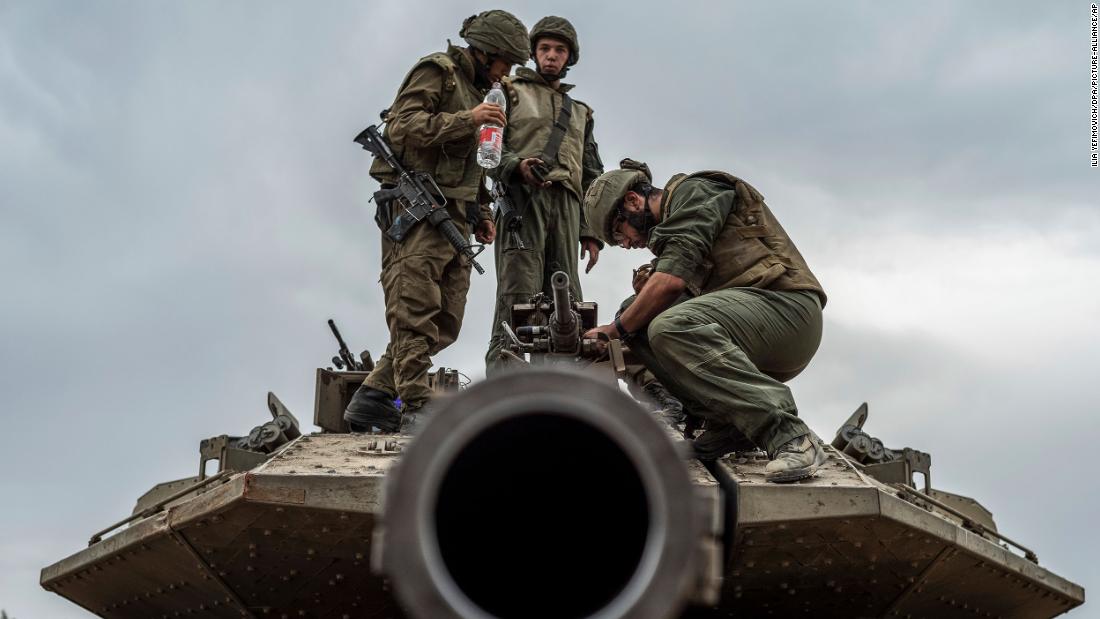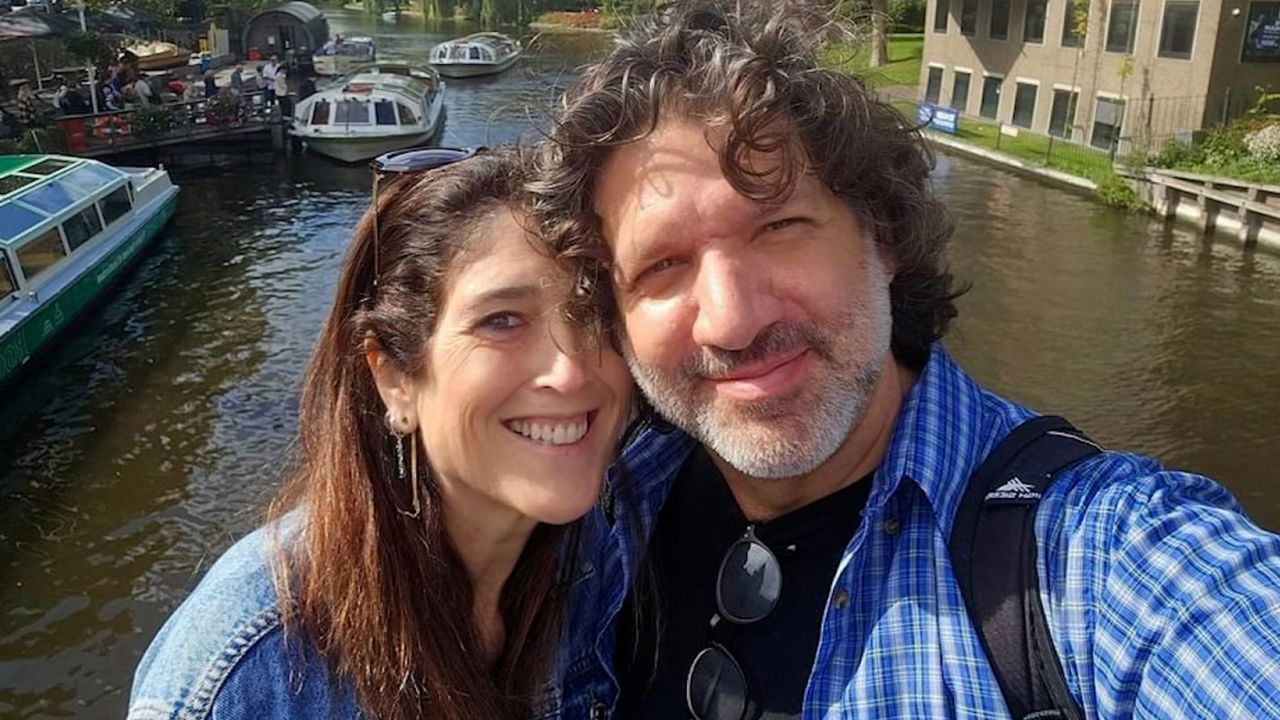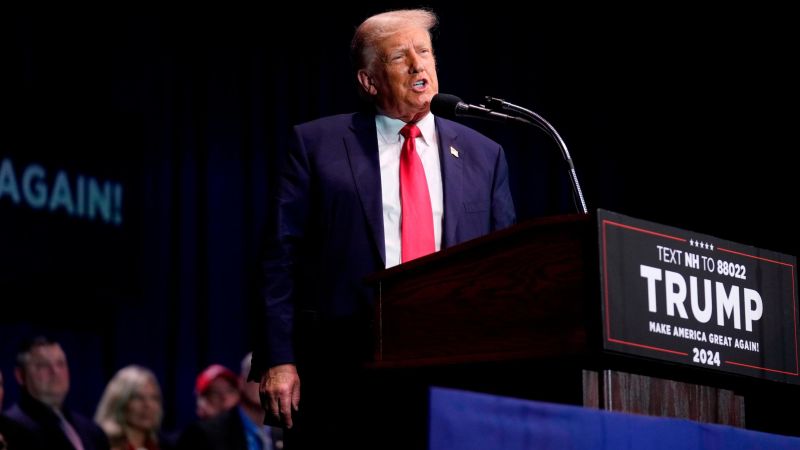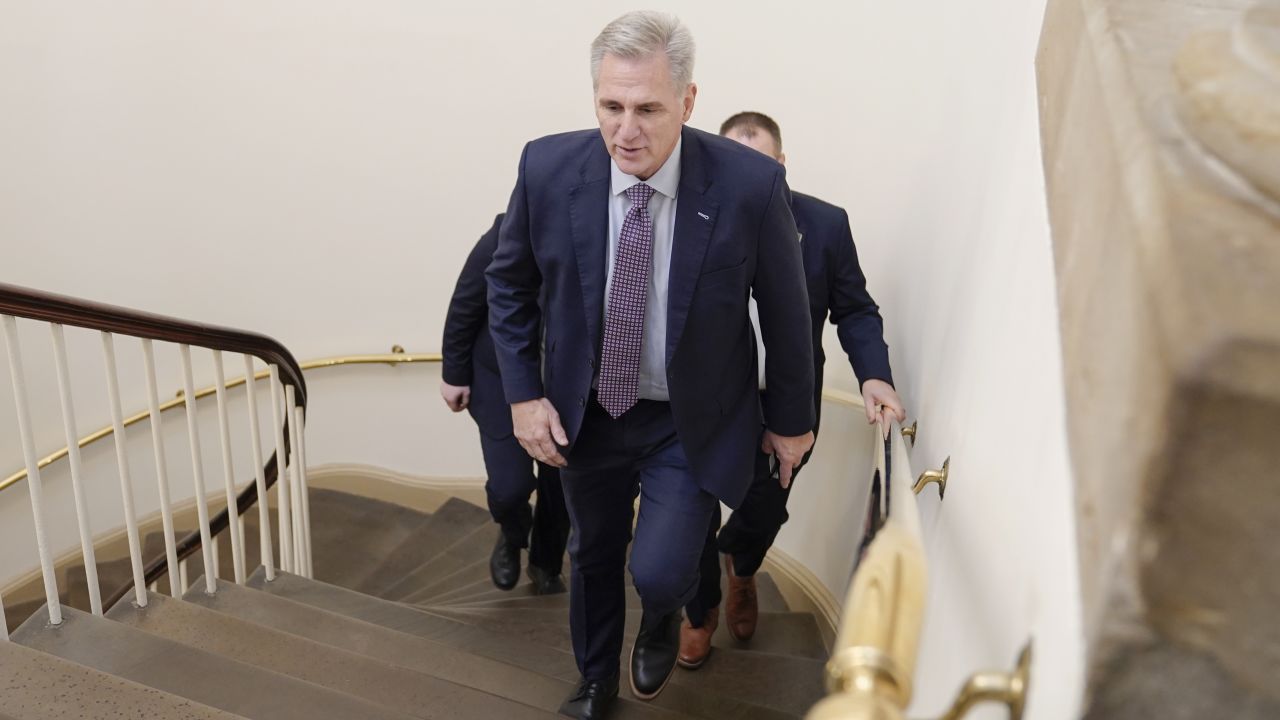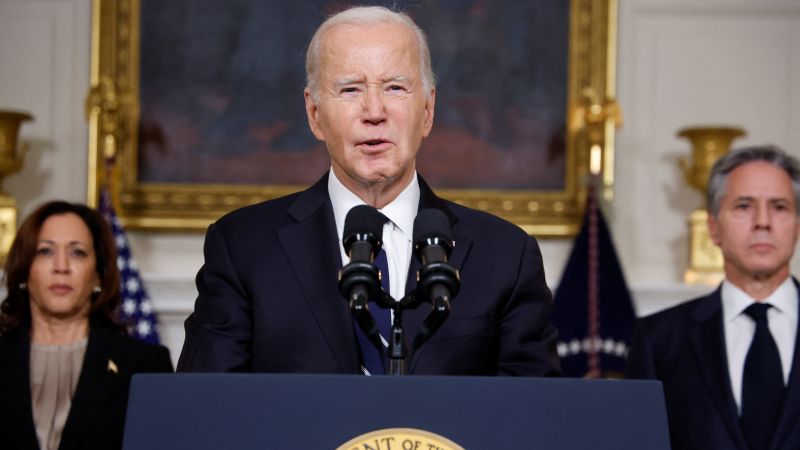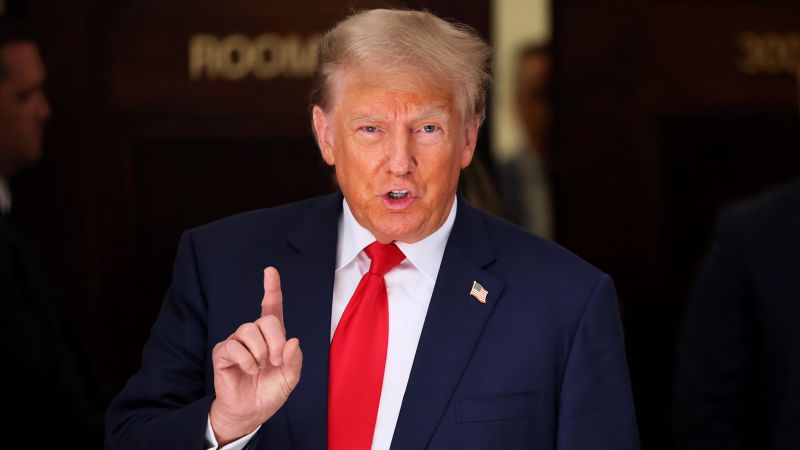CNN
—
The Tallahassee NAACP and civil rights attorney Ben Crump are asking authorities to drop felony voter fraud charges against a 69-year-old Black woman who was arrested last month as part of a Florida elections investigation.
Investigators allege Marsha Ervin, after serving a prison sentence for a felony conviction and being released in 2018, voted while still on probation in the 2020 general and 2022 primary elections in Florida. Her attorneys, in part, point to confusion around recent changes in state law concerning when people with past felony convictions can vote.
“This is about voter intimidation,” Crump, standing next to Ervin, said during Tuesday news conference in Tallahassee, Florida’s capital. The arrest could have a “chilling effect” on other voters, Crump said.
Tallahassee police arrested Ervin, based on information from a Florida Office of Election Crimes and Security investigation, at her home early on September 29, an arrest affidavit shows.
Ervin is facing a felony charge of submission of false voter registration and two felony counts of voting as an unqualified elector. Ervin could face up to five years in prison for each count if convicted.
“There is no other evidence that she had the intent to commit fraud,” Ervin’s attorney Mutaqee Akbar told CNN.
“To a layman, completion of a sentence means when you are released from custody. She had no idea that she needed to complete her probation as well in order to vote,” Akbar said.
In November 2018, Florida voters approved Amendment Four, which granted the return of full voting rights to people with past felony convictions after they complete their full sentence, including probation and parole, except for those convicted of murder or sex offenses.
However, in 2019, Gov. Ron DeSantis, a Republican, signed a bill into law that delayed the restoration of rights until after the person has paid all fines and fees associated with the felony conviction.
Ervin completed her voter registration application in September 2020, according to the arrest affidavit. She received a voter information card in October 2020. She also received a vote-by-mail ballot for the 2022 primary election.
An inspector interviewed Ervin in October 2022. Ervin told the inspector that “she believed she was allowed to vote because she was told she could when she was released from prison,” and she “remembered it being reported that felons could now vote in Florida from the reports on television,” according to the affidavit.
“Ervin also opined that she would not have voted if she believed it was against the law because she just got out of prison and had begun probation,” the investigator wrote.
Documents obtained from the state Department of Corrections did not show Ervin was advised she could vote, or that she could not vote, according to the affidavit.
Confusion over the restoration of voting rights for people who have been released from prison after serving felony convictions is a persistent problem in Florida, according to Democratic leaders.
“She is yet another Black person in Florida, another Floridian, that has been tricked by this confusing system they put in place. And I think it is confusing on purpose. I think it is intentional,” Florida House Minority Leader Fentrice Driskell told CNN in a phone interview last week.
The legislature’s Republican majority has “had many opportunities to amend the bill that modified Amendment Four to make it clear, to create a database, to not put the burden of understanding whether they are eligible on the voter,” Driskell said. “Voters have no place to go, there is no ‘one stop shop’ to understand whether or not they are eligible, and it feels like a trap.”
“It seems that every case that DeSantis’ election force is involved in involves a Black person trapped by the confusion of what Republicans did to Amendment Four,” Driskell said.
In April 2022, DeSantis signed into law a sweeping voting overhaul bill that established the Office of Election Crimes and Security within the Florida Department of State – an agency under DeSantis’ jurisdiction – with a staff of 15 to conduct preliminary investigations of election fraud.
“The ultimate responsibility to ensure compliance with the law lies with the voter, as local and state election officials are obliged to take the word of the voter on the voter application”, Mark Ard, a spokesperson for the Department of State, told CNN in an email.
“This includes marking a box affirming that the applicant has not been convicted of a felony, or that, if convicted, has had his or her voting rights restored,” Ard said.
Cases such as this are “a clear attempt by our governor to intimidate returning citizens who qualify to vote from voting,” said Akbar, Ervin’s attorney.
“I am hoping that our state attorney’s office does not participate in this intimidation,” dismisses the case, and allows Ervin “to terminate her probation next month (or sooner) as scheduled,” Akbar said.
“If this is not dismissed, I believe this will be a case that we put before a jury to determine if this is fraud,” Akbar said.

